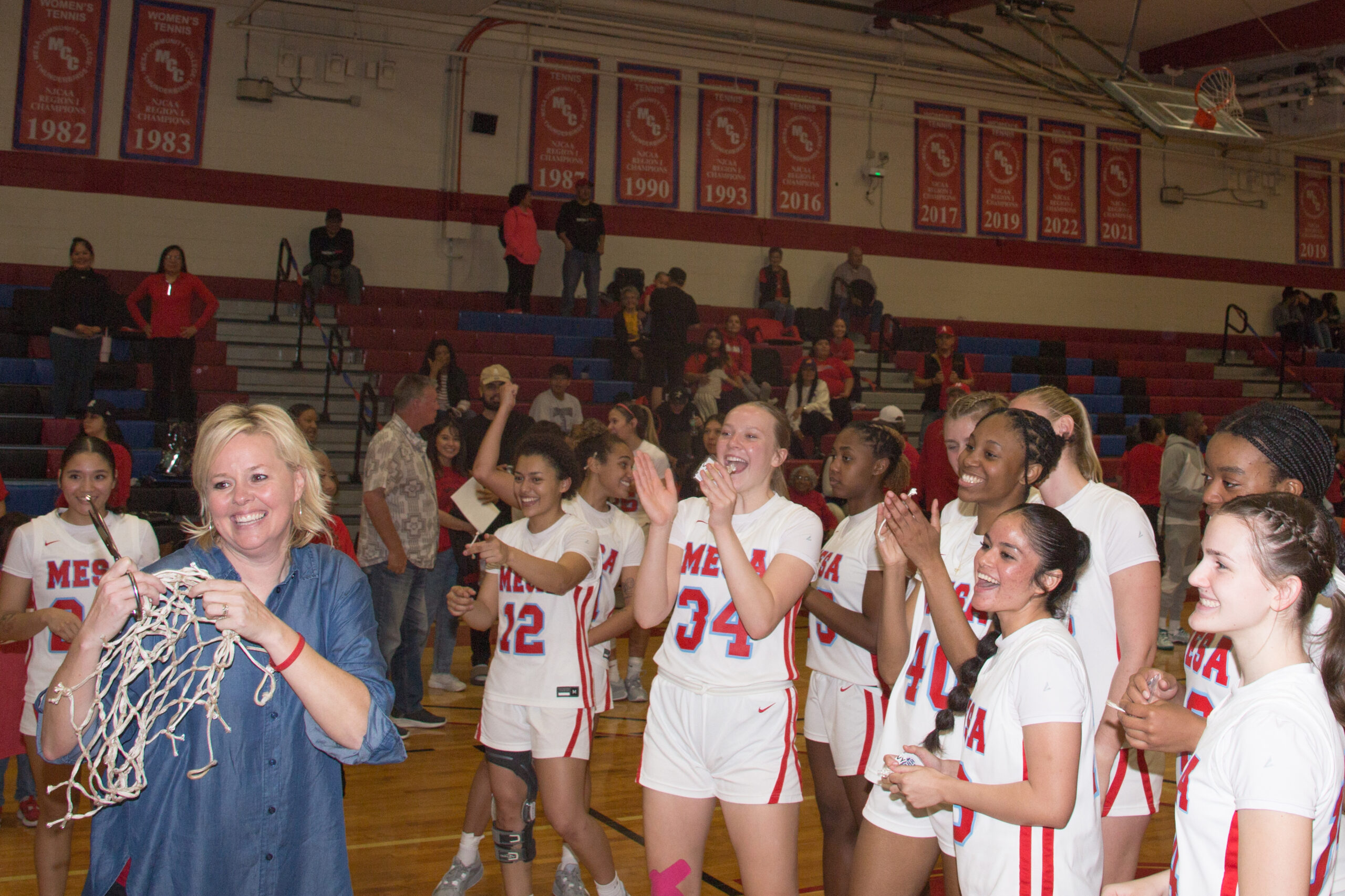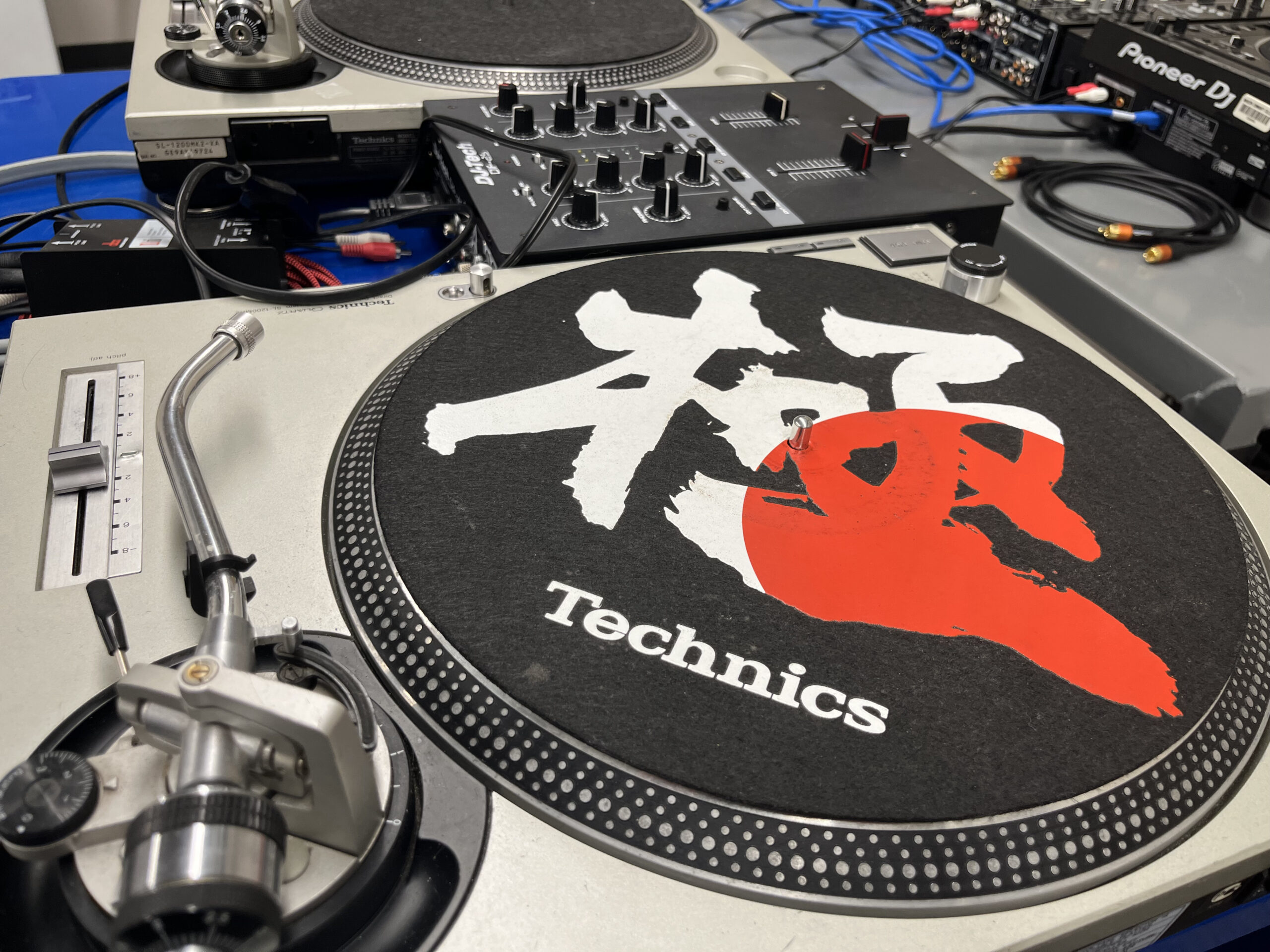New website shows if Arizona schools make the grade
By: Joshua Bowling
By 2018, nearly two-thirds of jobs in Arizona will require some post-secondary education or training, according to azreportcard.gov.
The Governor’s Office launched this website in order to compare the actual performance of Arizona schools to their desired performance.
The website focuses on five categories: 3rd-grade reading, 8th-grade mathematics, high school graduation, associate degrees and certificates, and bachelor’s degrees.
According to the website, only 78 percent of third grade students in Arizona passed the statewide reading assessment in 2014.
This number is up 5 percent from 2010, when 73 percent of Arizona third-graders passed the reading assessment.
By the year 2020, 94 percent of third grade students should pass the statewide reading assessment, according to azreportcard.gov.
In 2013, 69 percent of eighth grade students in Arizona tested at or above “basic” on the math section of the National Assessment of Educational Progress.
By the year 2020, however, azreportcard.gov wants to see as many as 85 percent of eight grade students passing the math section of the National Assessment of Educational Progress.
Seventy-five percent of Arizona’s high school students graduated on time in 2013.
Schools offering associate degrees, certificates, and bachelor’s degrees are all labeled as “on track,” on azreportcard.gov.
Mesa Community College’s provost, Patrick Burkhart, said there is a movement by employers to upscale their requirements.
“For positions that used to not require a degree, they now require a degree,” Burkhart said.
Vice President of Academic Affairs, James Mabry, said that support for education differs from primary education to secondary education. This could – he said – be a factor in colleges performing better than primary education in the areas laid out by azreportcard.gov.
When state support for colleges diminishes, the college can simply raise tuition, he said. When elementary, middle, and high schools lose funding, however, they have no direct way of transferring that cost to the students, Mabry went on to say.
MCC has awarded 45 percent more certificates than in the academic year of 2008 – 2009, placing them in the top 10 community colleges in the nation, according to Mabry.
Out of 100 students who graduated in 2002, four of them earned only an associate degree, according to the website. 13 received a bachelor’s degree or higher, however.
23 percent of these students started college but did not earn any sort of degree.
In 2012, Arizona community colleges awarded nearly 40,000 associate degrees. The Arizona Ready Education Council – who directly oversees azreportcard.gov – seeks to grow this number to 44,000 by the year 2020.
According to azreportcard.gov, Maricopa Community colleges are the leaders in Full-Time Student Enrollment among the other districts in the state. In 2013, Maricopa Community colleges had just over 80,000 students, while Pima colleges only had about 20,000 full-time students.
On average, 70 percent of students who transfer from a community college in Arizona to a four-year institution earn their bachelor’s degree in four years, according to the new website.
In order to boost growth in the community college system, azreportcard.gov states community colleges can consider changing the requirements placed on students in order “to lessen the barriers students encounter when looking to take college-credit bearing courses.”
Chase Kieffer, a student at MCC, said that many teachers are “there to get a paycheck,” which could result in schools performing poorly.
“They’re not teaching, they’re going by the textbook,” he said. This is different in college, according to Kieffer.
People are in college because they want to be there, said Kieffer. Whereas children usually do not have a choice about attending primary school.
The website, azreportcard.com, was launched on Sept. 10, 2014, and has claimed that it will be updated as new data becomes available.









